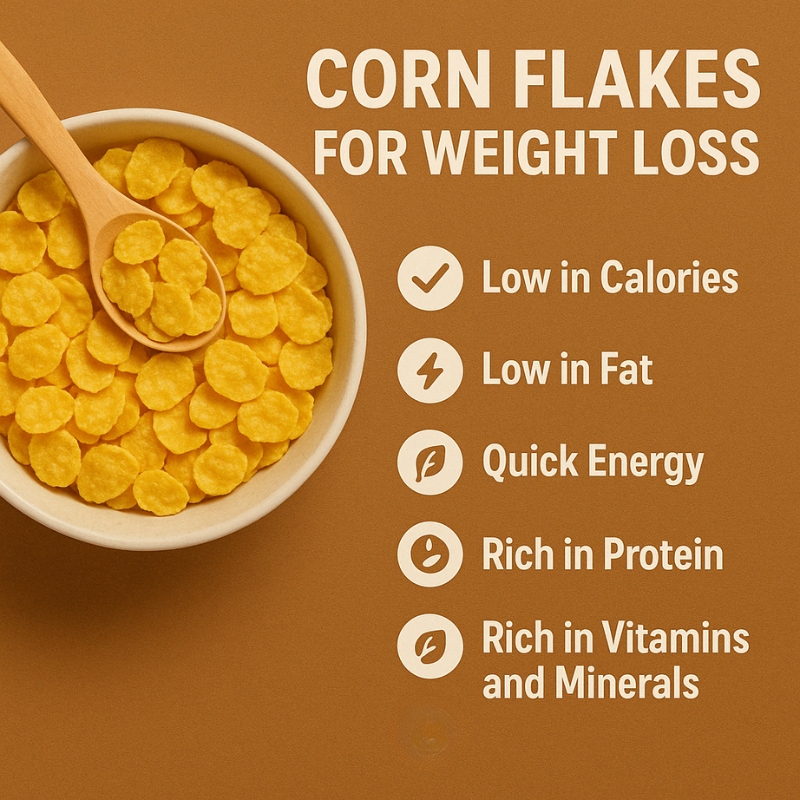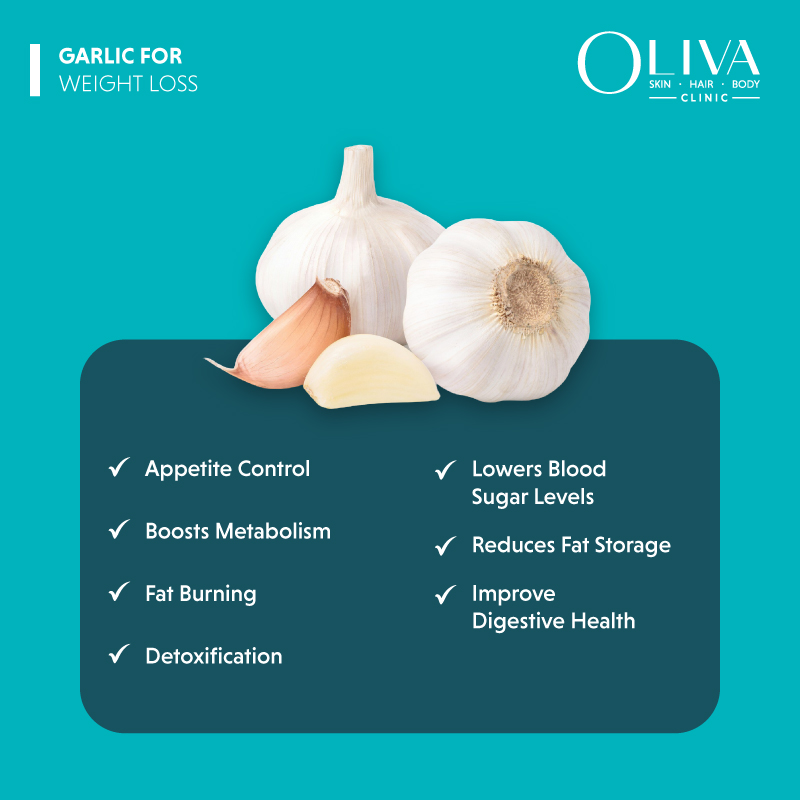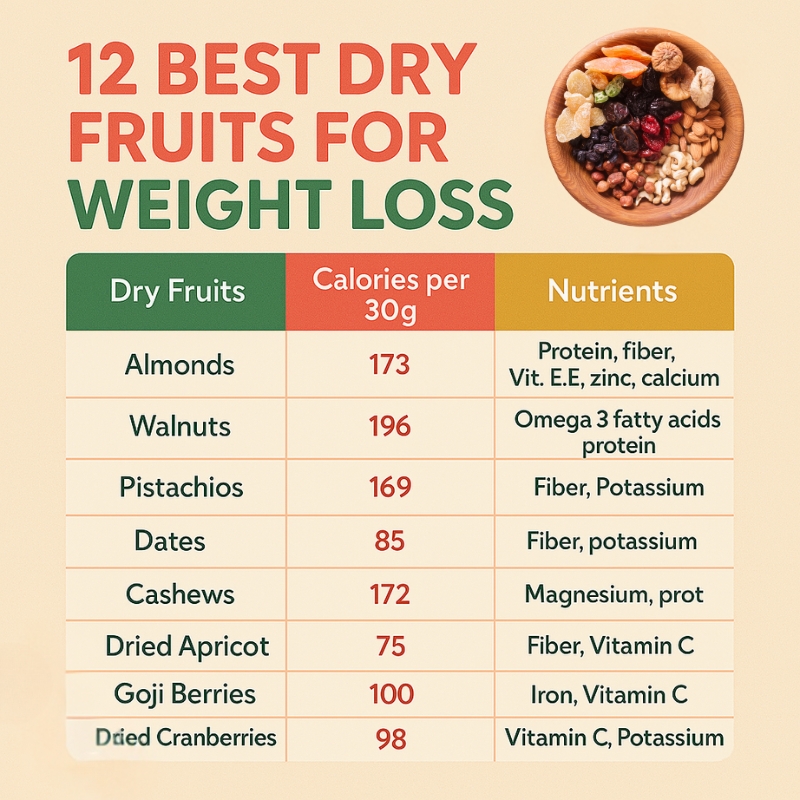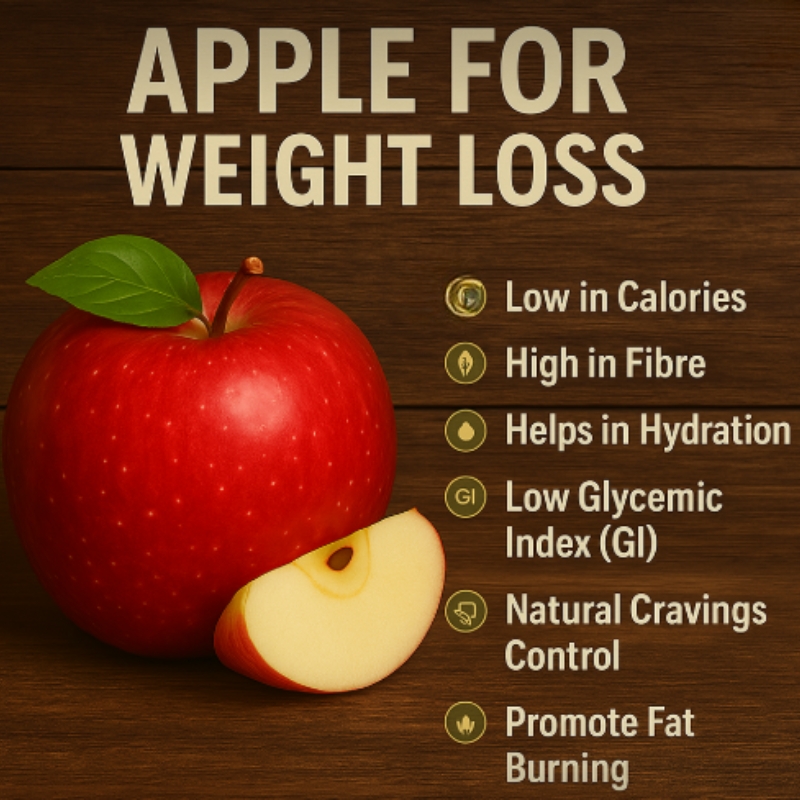Are Cornflakes Good For Weight Loss? The Truth & Benefits
Cornflakes are a universal breakfast phenomenon. In 1894, Dr John Harvey Kellogg created them at Battle Creek Sanatorium, Michigan, as a healthy, toasted flake of corn for cereal. Dr Kellogg believed digestive well-being was an entryway to overall wellness. [1] Initially they were known for easy digestion and became a popular dietary option in the US and the UK. Soon, the added sugar content brought up a nutritional concern. The added carbohydrates and sugar raised a concern about their high glycaemic value, which cause rapid spikes in blood sugar. In this article, we will look at all the aspects of cornflakes so you can learn about the best ways to include it in your meals.
In This Article

Is Eating Cornflakes Good For Weight Loss?
Cornflakes are low in fat and calories and, hence, can create a healthy breakfast for a weight loss drive, but you must exercise care in their consumption. In an apparent attempt at making a healthy alternative, most packaged, ready-to-eat cereals have high sugar content, and such high sugar consumption brings down their overall nutritional value. [2] Additional sweeteners in packaged foods slow down one’s metabolism and, in the long run, make weight loss even more challenging. Many people include cornflakes in weight-loss diets because they contain fewer calories and fats. They, however, lack fibre. Thus, it is advised to eat them in moderate amounts. Sole reliance on cornflakes for weight loss can be detrimental because their sugar and sweeteners can cause weight gain. Additionally, they do not contain any protein, which is crucial in keeping the body healthy when losing weight. A diet rich in fibre and protein makes you feel full and reduces hunger, making weight loss easier. For this reason, experts consider cornflakes a valuable addition to a balanced diet when eaten wisely.
How Cornflakes Affect Weight Loss: The Complete Truth
The medical fraternity has always debated the nutritional value of ready-to-eat cereals. In the early 20th century, breakfast cereals moved from a nutritional supplement to a commercially prepared food. Cornflakes gained popularity for its ease, convenience, and digestibility. When commercialised, sugar, artificial colours, and additives crept in, and ultra-processed forms [3] developed. Cornflakes are primarily made of corn, sugar, malt flavour, and high fructose corn syrup all high-GI ingredients that shoot blood sugar up in seconds. Ultra-processed foods destroy gut flora and, according to the British Heart Foundation, cause cardiovascular disease. Sweet breakfast foods promote insulin resistance, diabetes, and fat gain and make one gain weight. To make a healthy choice, it is advised to scan the ingredient labels and choose unsweetened cornflakes in moderation in a balanced meal.
Benefits Of Corn Flakes For Weight Loss
- Low In Calories: Cornflakes make up a very low-calorie source for some immediate carbohydrate loading. It then acts to support weight reduction.
- Low In Fat: Unsweetened cornflakes have around 0.2 grams of fat in a 30-gram serving, insufficient to build up fat cells. So, they are the perfect food for weight loss and maintenance.
- Quick Energy: Cornflakes are a high-carbohydrate food, thus a quick energy source. They are even enriched with thiamine, a vital nutrition that helps convert carbohydrates into energy and assists in brain function.
- Low Fibre Level: Cornflakes has low fibre content. However, they make a nutritious meal when paired with fruit and yoghurt. The mix of carbohydrates, protein, and fibre helps keep you full for a longer period.
- Rich In Protein: Cornflakes are not very high in protein, but adding milk or yoghurt increases their protein content, which helps build muscles and repair cells.
- Rich In Vitamins And Minerals: Most brands of cornflakes have key vitamins and minerals added through fortification processes, including vitamins D, vitamins B (vitamins B6 and B12), iron, and folic acid. All these vitamins and minerals metabolise homocysteine, a protein whose high concentrations can cause heart disease and blood vessel damage.
Muesli Or Cornflakes: Which Is Better For Weight Loss?
Most people like to have muesli or cornflakes for breakfast. Muesli is a healthy mix of whole grains, primarily oats, dried fruits, nuts, and seeds. It’s sugar-free and can be naturally combined with milk, smoothies, juice, or yoghurt. In comparison, however, when looking at muesli and cornflakes to lose weight, several factors come into play.
- Protein Content: Muesli has a small margin of additional protein over cornflakes, courtesy of added fruit and nuts, but both have a near-equal 8 grams of protein per 100 grams.
- Fibre Content: Muesli is a high-fibre option, containing nearly double the amount of fibre found in cornflakes. With 4 to 7 grams of fibre per serving, muesli can help you keep your daily fibre consumption on track. It is also high in prebiotics, encouraging probiotic (beneficial bacteria) growth in the intestines and aiding digestion.
- Carbohydrates: While cornflakes produce an immediate rise in energy with a high intake of simple carbohydrates, muesli’s complex carbohydrates produce a slow and sustained output of energy during the daytime, making it a preferable alternative for weight-conscious people.
- Sugar Content: Overall, muesli is a healthy food with its low glycaemic value, healthy fats, high level of fibre, and natural sugar. Cornflakes, on the other hand, contain added sugars and less protein and fibre.
Thus, muesli is a better options compared to cornflakes.
Corn Flakes Vs Oats For Weight Loss
Cornflakes and oats can help you lose weight due to their low-calorie density and high fibre content. For centuries, oats have been an integral part of the breakfast menu for their nutrient richness and simplicity in cooking. Several research studies have found that oats stimulate weight loss, increase satiety, strengthen the immune system, reduce cholesterol levels in the blood, and help improve gut health by enhancing short-chain fatty acid production.
Oats contain significantly more protein than cornflakes, providing 26 grams per 100 grams, compared to just 7 grams in cornflakes. Additionally, oats have 16 grams of fibre, whereas cornflakes contain only 2 grams. However, cornflakes are a lower-calorie option, offering 100 calories per serving, while oats provide 300 calories per serving.
Instead, if you are planning to add cornflakes healthy for weight loss in daily diet, it is recommended to add an option that is low in sugar. Overall, oats offer unmatched versatility- from sweet oatmeal and masala oats and oat chapatis to oat cutlets, whose scope has been limitless to accommodate various preferences. Oats can be given added natural flavour using jaggery, honey, or even stevia, adding further richness to the grain’s nutritional package.
Corn Flakes With Milk Good For Weight Loss
Cornflakes make a healthy and filling breakfast with milk because milk contains the necessary protein and calcium. To reap the full benefits of this combination for weight loss, one must control portion sizes and minimise sugar intake to keep calories at a deficit.
How Milk Enhances Cornflakes And Aids In Weight Loss?
- Nutritional Value Of Milk: Milk is rich in essential nutrients such as protein, calcium, vitamin D, and B vitamins. When taken with cornflakes, it makes for a more balanced meal that keeps you full for longer. The calcium in milk also improves bone mineral density, thus reducing the risk of osteoporosis. Studies also indicate that milk and its derivatives can help lower blood pressure. Furthermore, taking cornflakes or other cereals with milk increases iron absorption compared to eating them dry.
- Portion Control: Tracking calorie intake is essential to weight management, even when consuming nutrient-rich foods such as milk. As aforementioned, a small serving of cornflakes without adding milk has a paltry few calories, but adding whole milk takes up the entire cup. A 30-gram portion of cornflakes with 125 ml of whole milk yields about 128 calories with 3.3 grams of fat. Although milk adds nutritional value to cornflakes, consuming it within your daily calorie constraint is equally essential.
Takeaway
The good thing about cornflakes is that they contain fewer calories and less fat. Still, be moderate since they also carry added sugars, low protein, and not a lot of fibre. Maintain a balanced diet, and as alternatives, one may use muesli or oats, which provide higher protein and fibre. These can make you feel fuller and maintain your energy for more efficient and effective long-term weight management.
Frequently Asked Questions
The best cornflakes for weight loss would be plain, unsweetened varieties.
Owing to the high amount of carbohydrates, eating cornflakes at night is not recommended for weight loss. These carbs might not get used up before sleeping, leading to potential weight gain.
Cornflakes are low in calories and fat. However, they can be best utilised for a weight loss plan by avoiding adding sugar or calorie-dense toppings and controlling portion size.
If you limit your intake to breakfast, manage portion size, avoid extra sugar, and choose unsweetened varieties, cornflakes can be a good option for your weight loss diet.
Adding sugar to cornflakes when trying to lose weight increases calorie intake without nutritional value. Hence, it is not recommended.
Yes, oats or muesli are healthier weight-loss options than cornflakes. Their higher protein and fibre content helps you feel full for longer.
Eating cornflakes with milk for weight loss is an effective way of obtaining protein, calcium, B vitamins, vitamin D, and increased iron absorption. Consider low-fat milk, avoid sugar, and control portion size.
Cornflakes provide quick energy with carbs and low fat. Moderate quantities of foods high in protein, like almonds, other nuts, or dahi (yoghurt), will satisfy hunger without increasing calorie intake.








